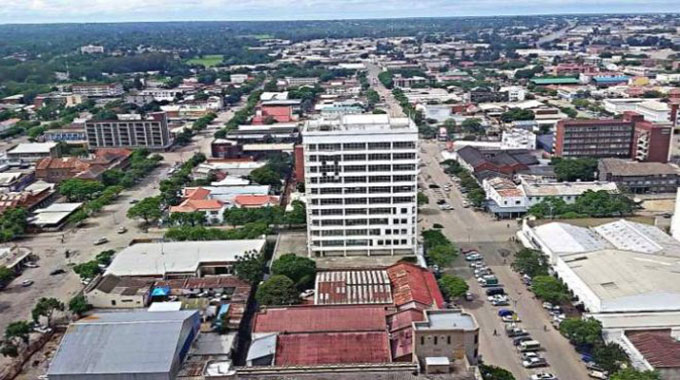Urgent need to restore lost purchasing power

Business Editor
THE spate of price increases being experienced in the economy has decimated consumer purchasing power, with experts expressing worry over the adverse impact this has on business viability and livelihoods.
Prices of goods and services have been going up as the local currency continues to devalue against the major currencies.
With the introduction of the forex auction system last Tuesday, which has been widely endorsed by industry players, the economy has been subjected to market forces again, as Government lets go of some subsidies and controls.
The auction system is a clear departure from the previously fixed exchange rate of US$1:ZWL$25, which was criticised for creating arbitrage opportunities and oiling parallel market activities.
Under an open market environment, price increases are inevitable as long as the exchange rate keeps rising, says Association for Business in Zimbabwe (ABUZ) chief executive officer, Mr Victor Nyoni. Last week alone saw fuel price rise by more than 100 percent to match the new official exchange rate of US$1:ZWL$57.3. Given that fuel is a major cost driver, the cost of other commodities has followed suit, adding more misery to the ordinary consumer. The biggest concern now, said Mr Nyoni, lies in ensuring that workers are given an equally matching salary to preserve purchasing power that sustains healthy demand for local products and services.
“As businesses we have always been clear that a fixed rate regime was unsustainable. So, yes the prices will go up because fuel is a major input material in most production processes. There is no commerce without fuel.
“The new prices are a close reflection of who we are from an economic sense. Bad as it is that’s what it is. The real question is how does our economy build reasonable purchasing power that matches the reality of new prices,” said Mr Nyoni.
“So, our take is that Government must stop interfering with the pricing system. Allow market forces to determine the price equilibrium. That way our economy will begin the growth trajectory.”
According to ZimStat, the country’s poverty datum line (PDL) stood at $7 425 in April, having spiked by 15,7 percent from $6 420 in March, as the cost of living continues to maintain an upward trend. The PDL measures the basic needs for an average family of five.
“This means that the average household requires that much to purchase both food and non-food items for them not to be deemed poor,” said Zimstat referring to the $7 425 PDL. A majority of workers including civil servants earn below this figure.











Comments